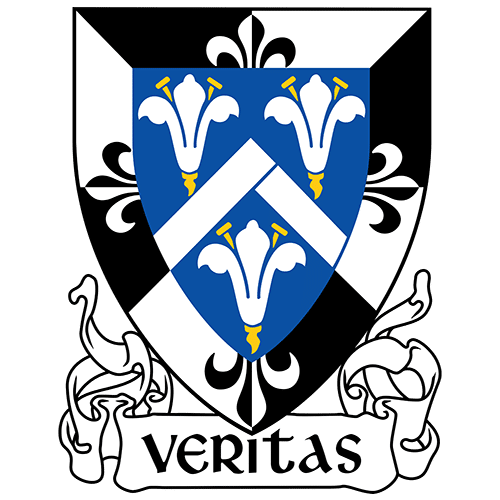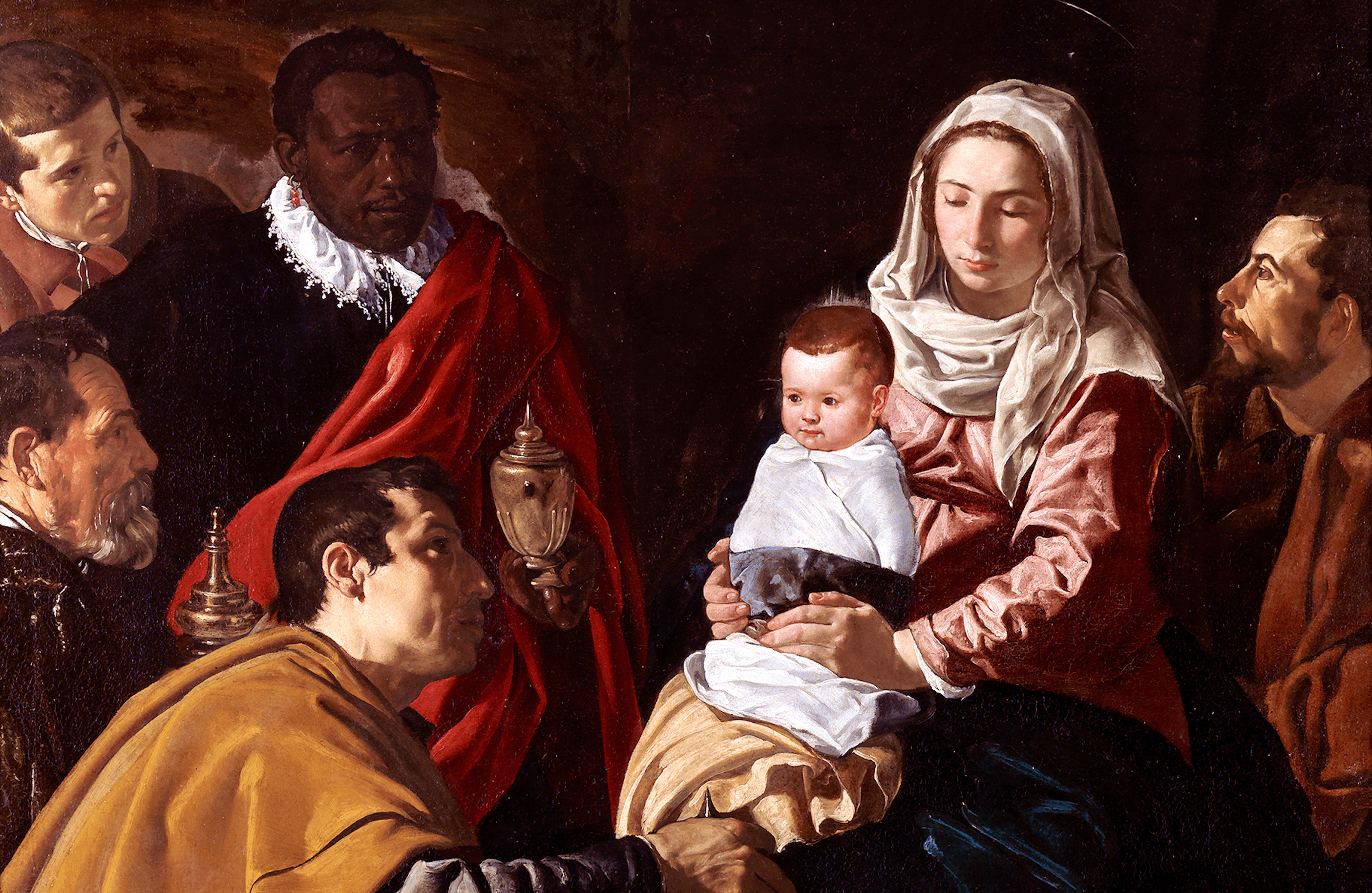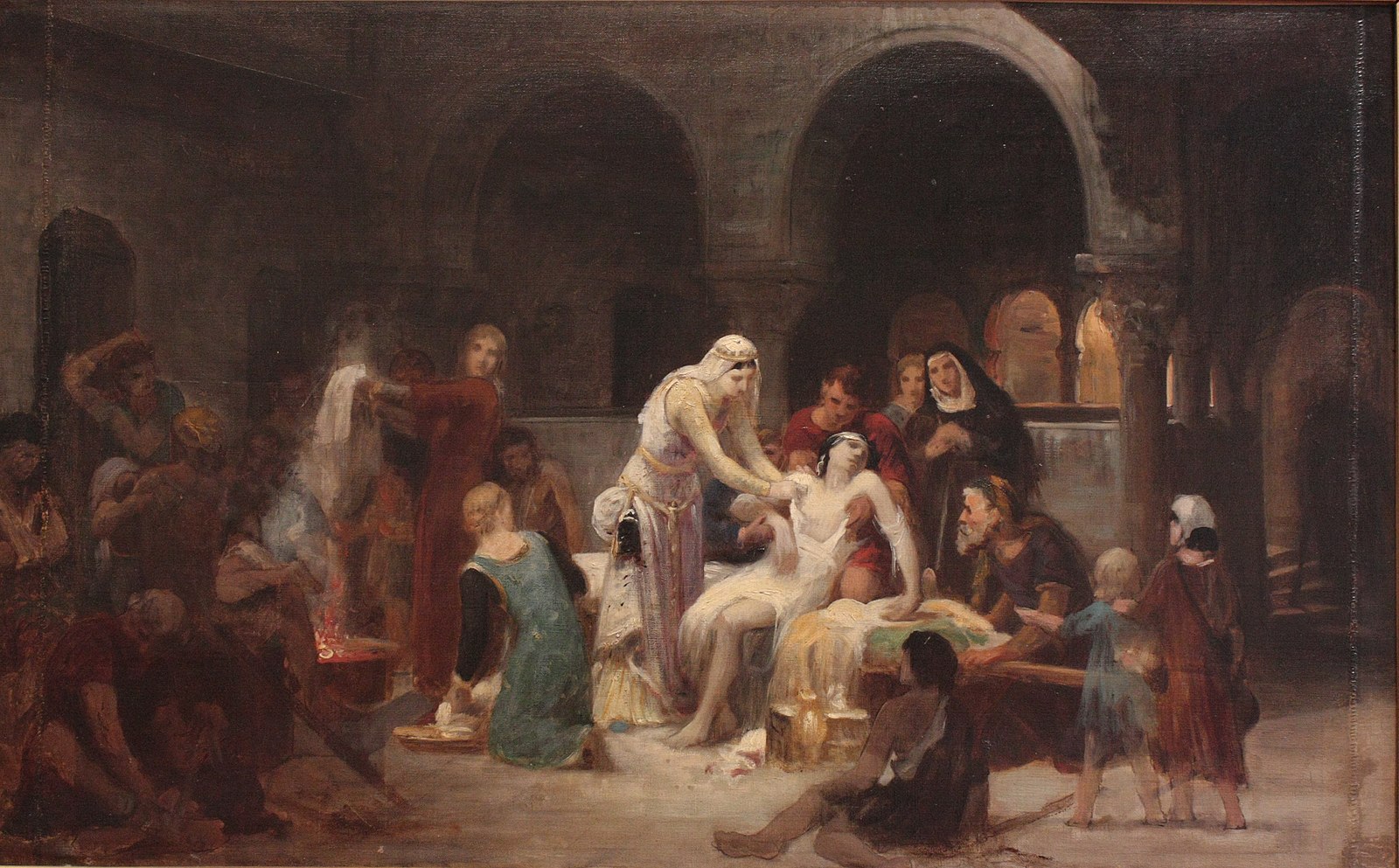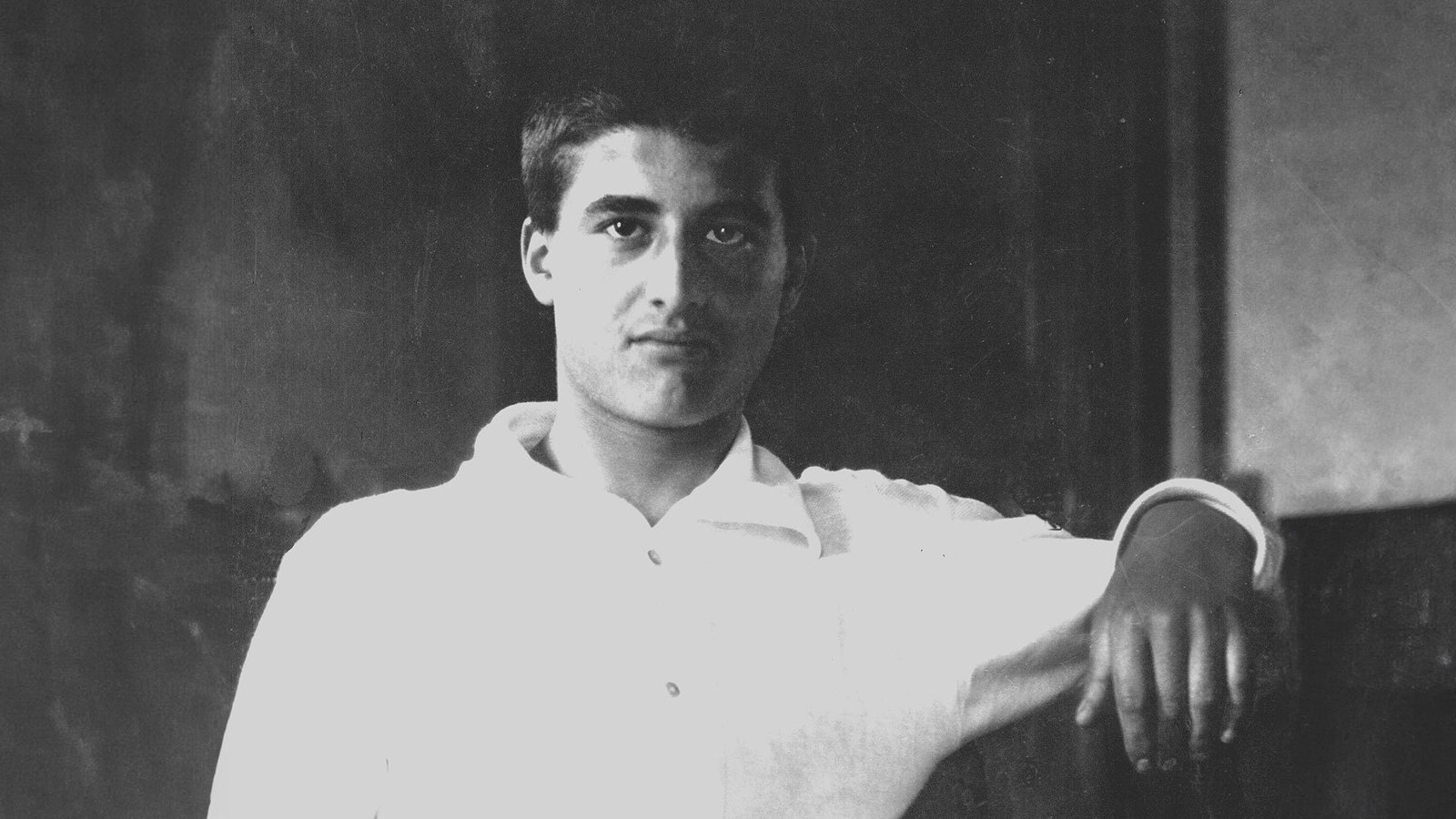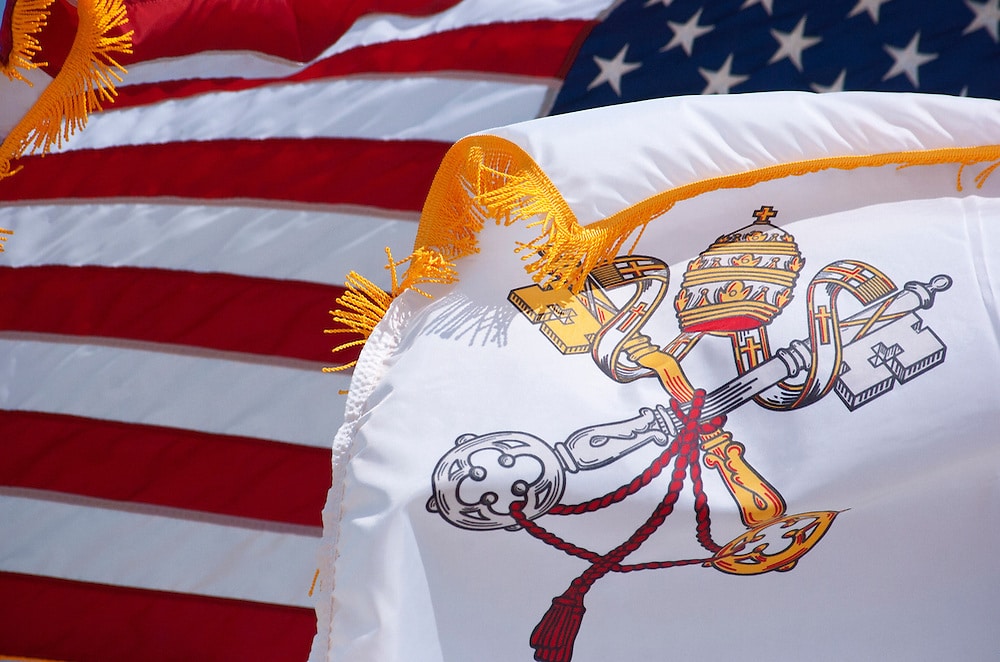
By Br. Samuel Trecost, O.P.
This article originally appeared in Dominicana and is reprinted with permission.
If they haven’t been packed away already, we can complete our nativity scenes this week with our celebration of the Epiphany. Finally, the enigmatic magi can fittingly join the decorative assemblage. But what is the significance of their arrival?
Our crèches usually depict the two peculiar classes of people who came to worship the newborn Savior: the poor shepherds who lived in the nearby fields and these mysterious foreigners, the wise men. Saint Thomas Aquinas reflects on these two groups: “And why magi and shepherds? Because the shepherds were more simple, and these magi were more sinful, to indicate that Christ accepts both” (Commentary on Matthew, 164). The presence of both these parties shows us that Jesus welcomes and indeed loves the whole human race—every one of us.
But what of the fact that the shepherds arrived before the wise men?
Evelyn Waugh takes up this theme in Helena, his historical novel about the saintly mother of Constantine and her search for the True Cross of Christ. In a moment of fatigued prayer at an Epiphany liturgy in Bethlehem, Helena addresses the magi, “How laboriously you came, taking sights and calculating, where the shepherds had run barefoot! How odd you looked on the road, attended by what outlandish liveries, laden with such preposterous gifts!” She also observes that by stopping to see King Herod on their way, they put the Holy Family in danger and unintentionally prompted the slaughter of the Holy Innocents. Yet she highlights these faults only to point out that the magi and their gifts were still warmly received, no less than the simple shepherds.
As a convert, Helena identifies with the wise men, and perhaps we who are products of the 21st century can find something of ourselves in them too:
“You are my especial patrons,” said Helena, “and patrons of all latecomers, of all who have a tedious journey to make to the truth, of all who are confused with knowledge and speculation, of all who through politeness make themselves partners in guilt, of all who stand in danger by reason of their talents.”
The shepherds were free to run straight to the manger after the angels appeared to them, but the magi got mixed up in politics and were worried about gifts. We moderns—still confused while we drown in information, still hungry for meaning while we boast of our self-sufficiency—are probably more like the wise men than the shepherds. Nevertheless, what ultimately mattered for both groups was that they came to Jesus.
Others had passed up their opportunity to kneel before the Divine Child and his Immaculate Mother. Think of the people back at the inn who had no room for a desperate family. Consider the religious scholars back in Jerusalem who told the inquiring magi that the long-awaited Messiah was to be born in Bethlehem, but apparently had no desire to come find him themselves. Yet the wise men, even though they had an arduous journey to make, sought for Jesus and found him.
Like most of us, the magi had baggage—literally and figuratively—but they came to Christ anyway and were accepted. May we, like them, find joy kneeling before the humblest of kings, the truest Wise Man.
✠
Photo: Diego Velázquez — “Adoration of the Magi”
